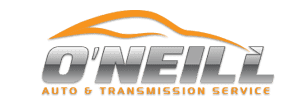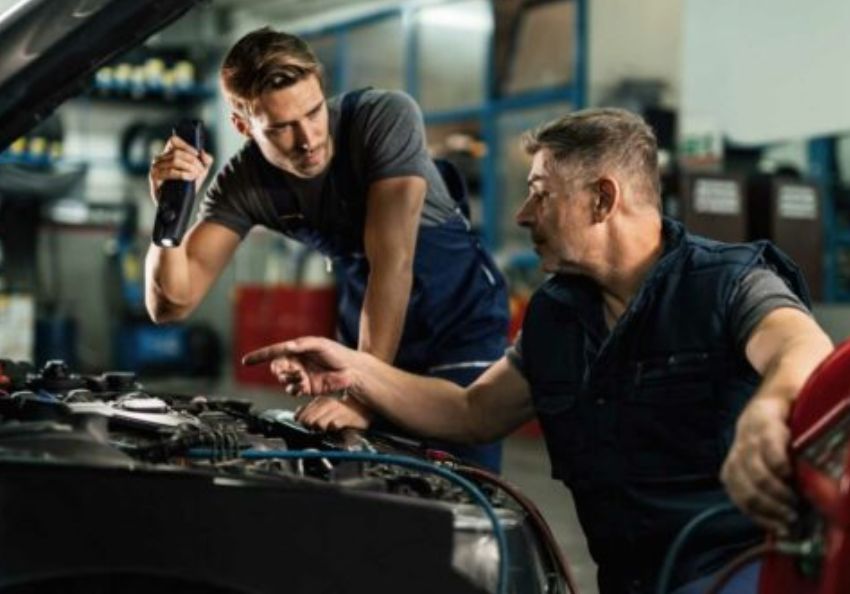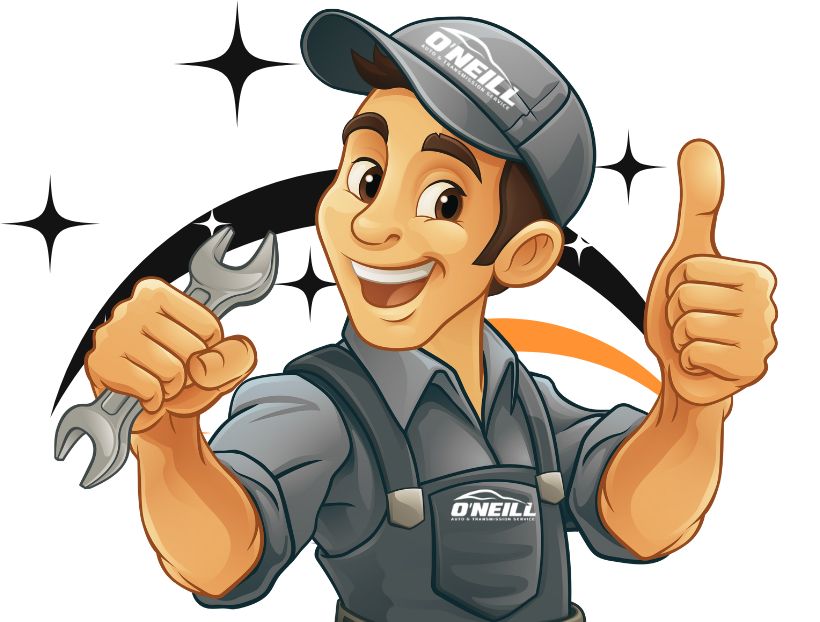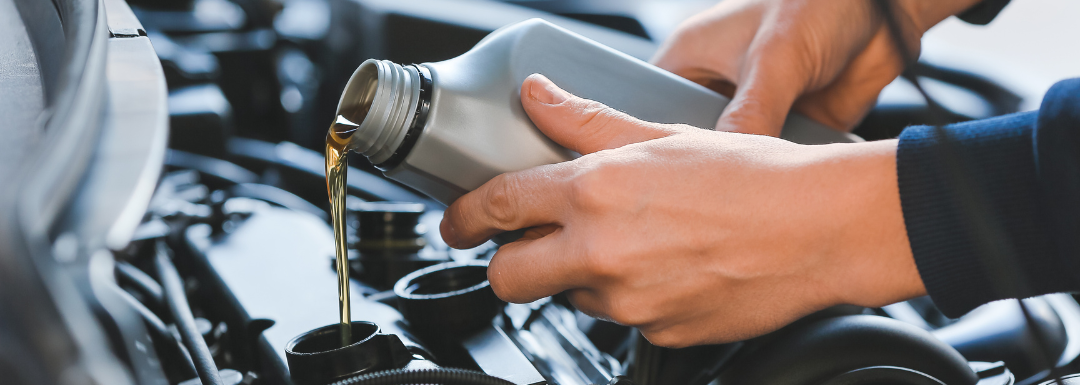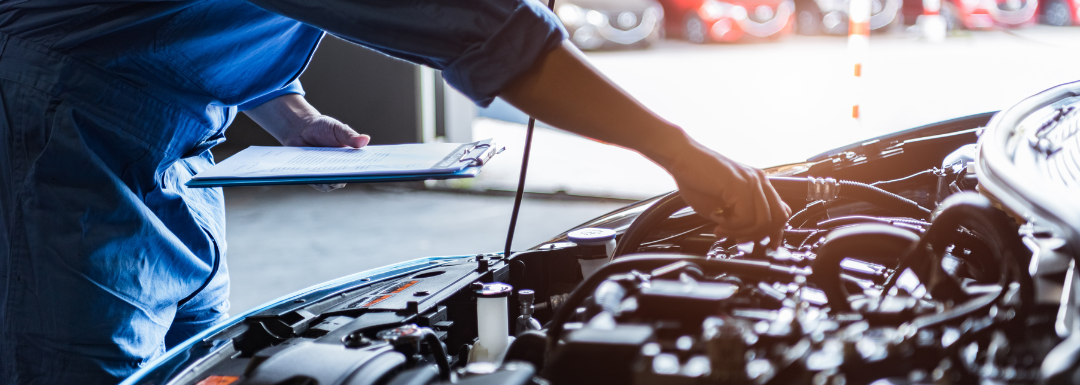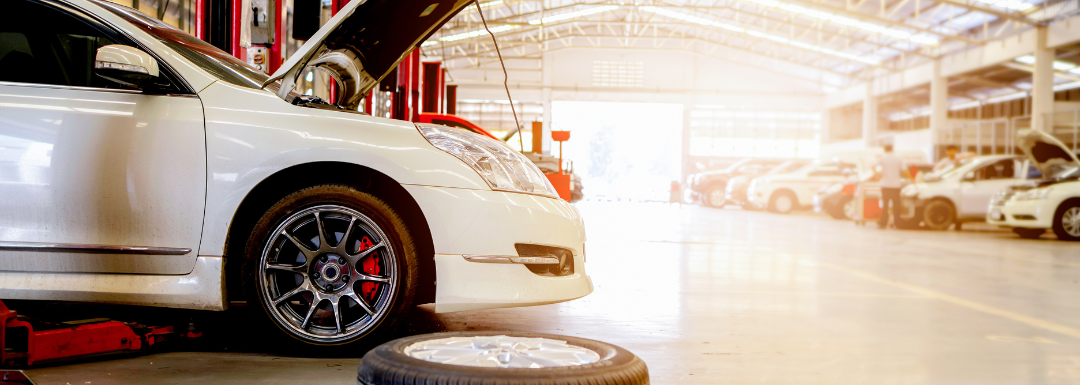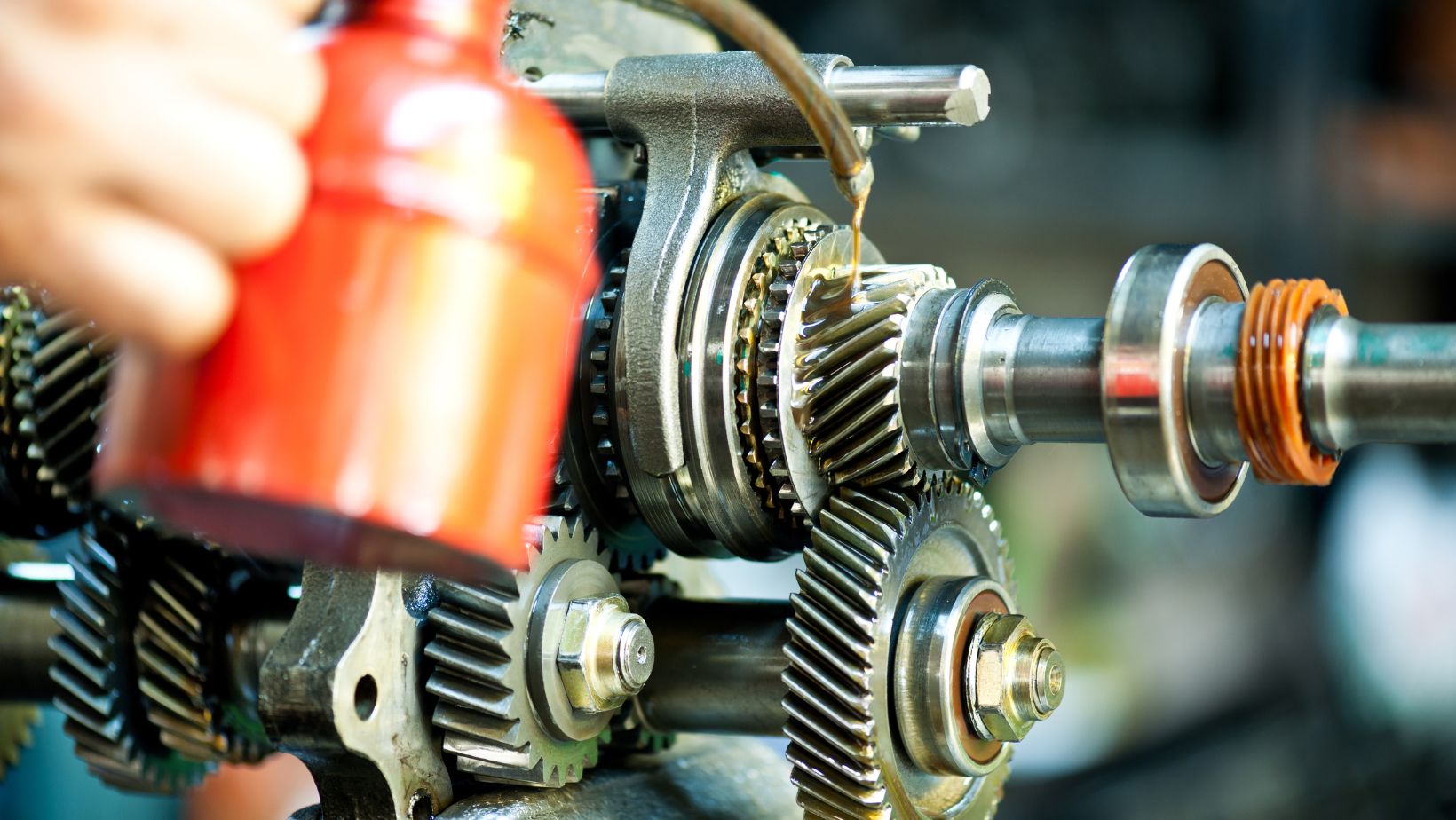
Your Go-To Guide for Finding the Best ‘Transmission Tune Up Near Me’: Inside Look at O’Neill’s Auto & Transmission Services
At O’Neill’s Auto & Transmission, we specialize in providing transmission tune-up services to keep your car running smoothly. Located in the heart of Grand Rapids, Michigan, we are proud to serve our local communities, including Rockford and Wyoming, MI.
